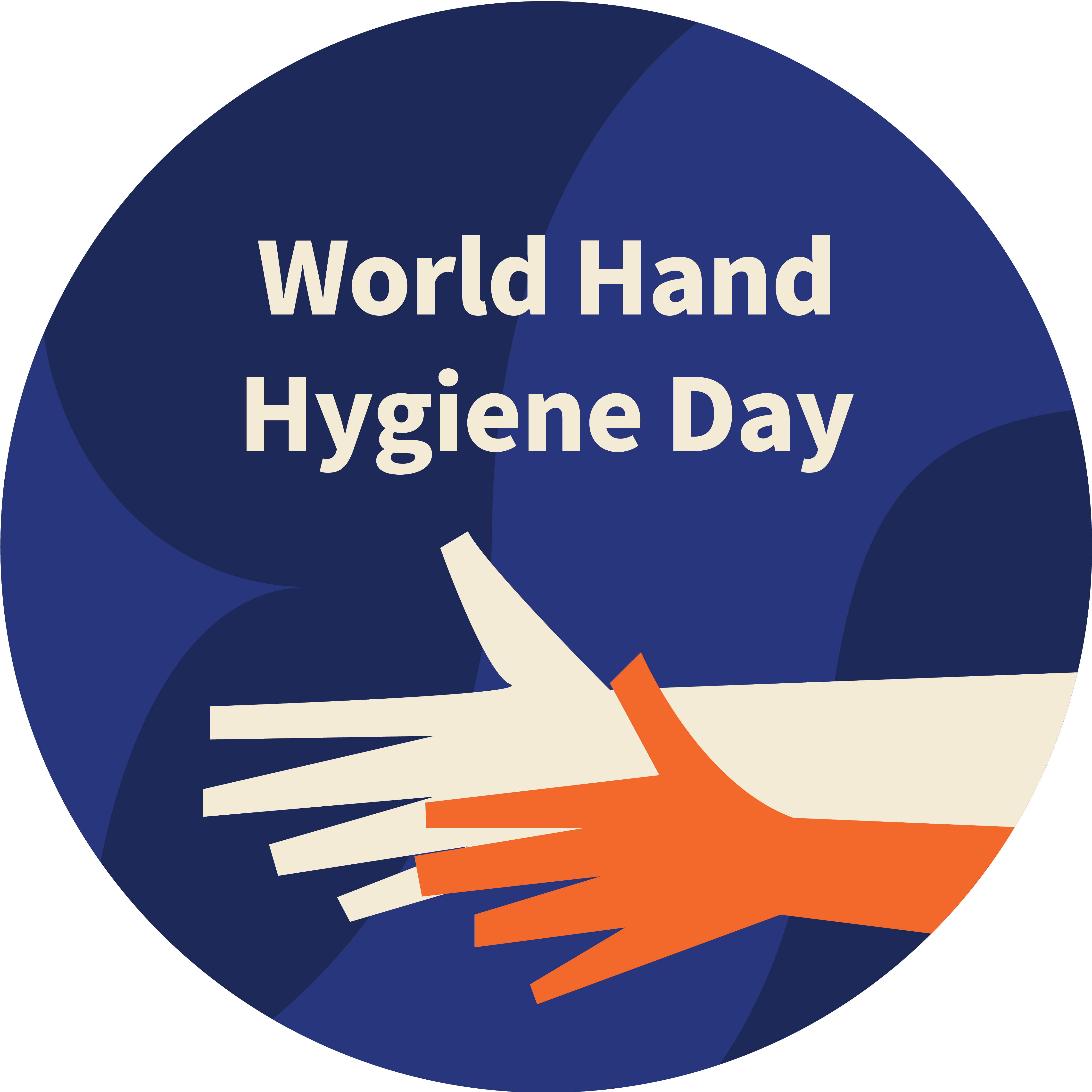The effect of daily chlorhexidine baths on nosocomial meticillin-resistant Staphylococcus aureus infection in MRSA-colonized patients admitted to general wards
DOI:
https://doi.org/10.3396/IJIC.v11i4.026.15Abstract
Compared to the Intensive Care Unit setting, relatively little data has been published on the benefits of daily Chlorhexidine gluconate (CHG) baths in infection prevention on general wards. To contribute to our knowledge of this infection prevention strategy we report three years of cumulative data from a 550-bed general hospital in Singapore. Our hospital infection control policy mandates Methicillin-resistant Staphylococcus aureus (MRSA) entry-screening for all cases admitted to hospital. Positive cases are isolated or cohorted with appropriate contact precautions. In addition positive cases receive daily 4% CHG baths throughout their stay. We compare the rates of hospital-acquired MRSA (HA-MRSA) infection in the cohort that screened MRSA-positive (and hence received daily CHG baths) with the cohort in whom MRSA was not detected and hence did not receive CHG baths. Of 4598 screen-positive cases only 4 developed HA-MRSA infection. This compares to 36 cases of HA-MRSA infection among 5391 patients who we estimate were undetected MRSA-carriers, either because they missed screening, or screened false-negative, or acquired MRSA during their hospital stay. MRSA-colonized patients receiving daily CHG baths while in hospital were significantly less likely to develop HA-MRSA infection (OR = 0.129; P = 0.0001; 95% CI 0.046-0.36; NNT = 172)). We conclude that General Ward patients who screen MRSA-positive on admission and who receive daily CHG baths throughout hospitalization have a significantly lower rate of HA-MRSA infection compared to patients who screen MRSA-negative and who do not receive such CHG baths.Downloads
Downloads
Published
How to Cite
Issue
Section
License
Authors retain copyright of their work, with first publication rights granted to IJIC. Read the full Copyright- and Licensing Statement.




